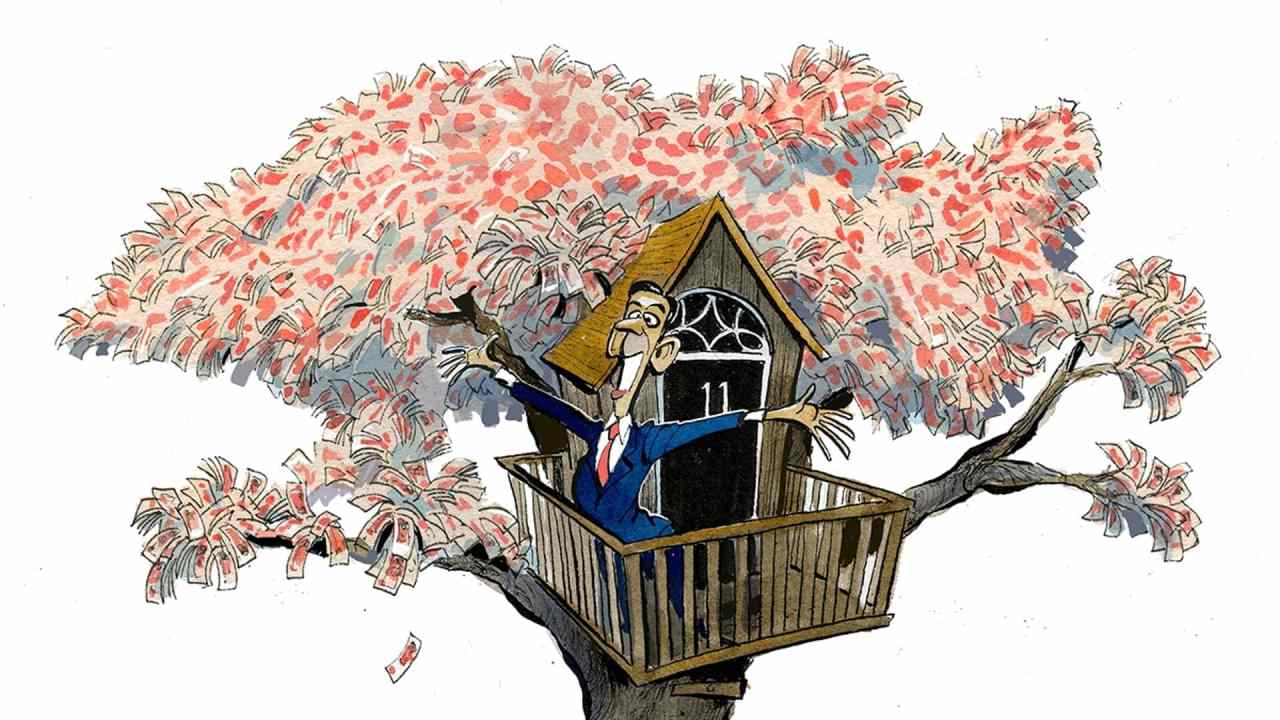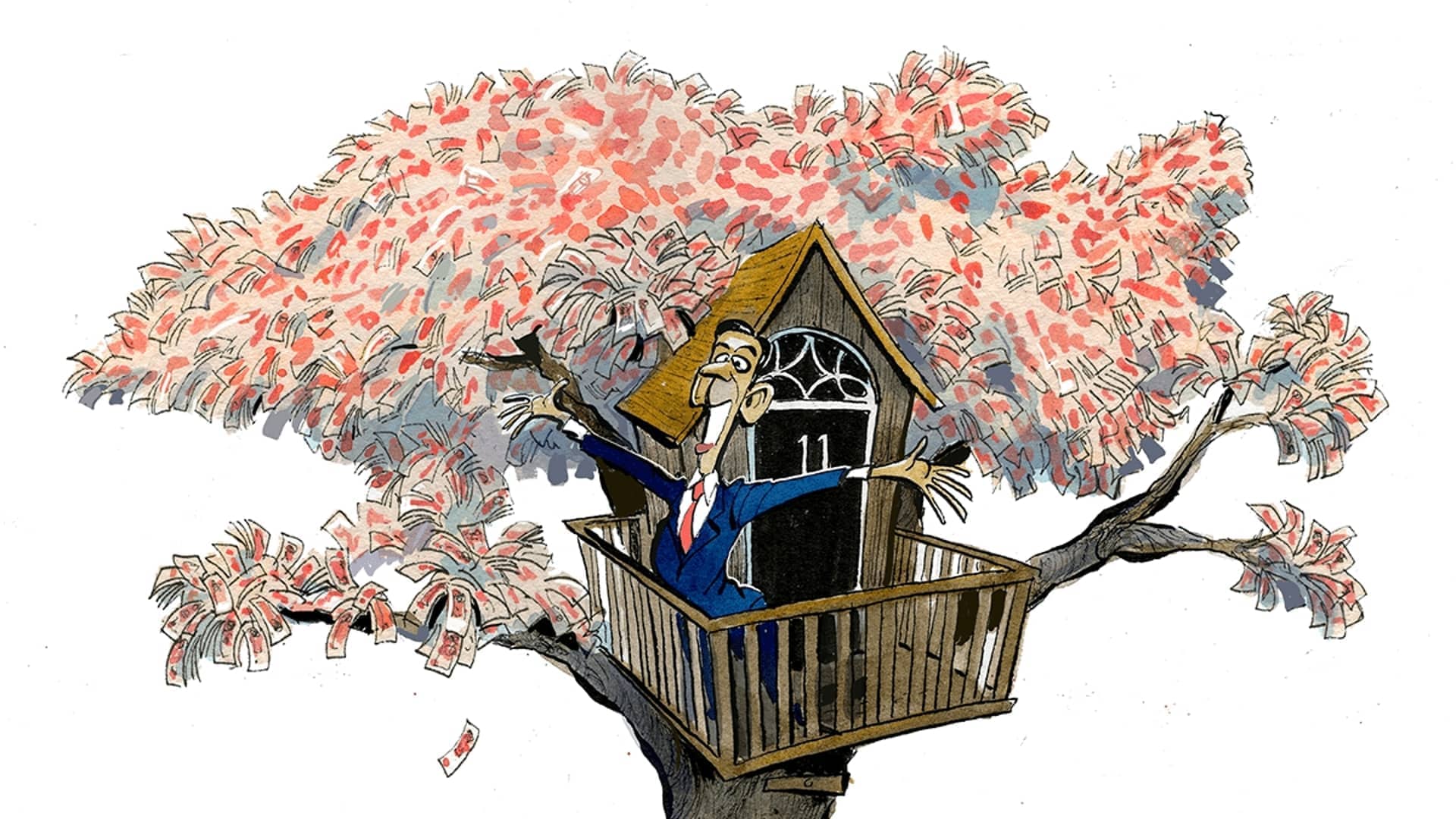It is called managing expectations: the steady drip of forecasts and scenarios designed to prepare us for bad news, so that when that news does finally arrive it doesn’t seem nearly as bad as it would otherwise have done. So is that what the Bank of England is up to with its deputy governor, Ben Broadbent, telling us that inflation next April could ‘comfortably exceed’ 5 per cent? It is reminiscent of the moment in July when the Bank’s departing chief economist, Andy Haldane, dropped in the suggestion that inflation by the end of 2021 could be closer to four percent than three percent.
The MPC is behaving like a Chancellor who wants to stoke the economy in order to generate a feel-good factor before an election
You can’t fault Haldane’s forecasting skills on that occasion. The year isn’t quite out and already the Consumer Prices Index (CPI) has reached 4.2 per cent. But that merely begs the question: if the Bank is so good at spotting inflationary forces, then why have they still not increased the base rate from 0.1 per cent, the emergency level to which it was reduced in March 2020? Ben Broadbent was one of seven members of the Monetary Policy Committee (MPC) who voted again last month to leave the base rate unchanged.
Broadbent, markedly, is no longer claiming, as his boss Andrew Bailey has done, that the rise in inflation is transitory. The labour market, he concedes, is now fuelling inflation, as the end of the furlough scheme does not seem to have made it easier for employers to recruit staff. That ought to be a red flag: if wages rises are starting to feed into inflation we are starting to get close to the dreaded spiral, where higher prices lead to higher wage demands which, in turn, leads to higher prices and so on.
The MPC is coming to behave like these energy companies which respond to higher wholesale prices by jacking up retail prices, but which then take ages to respond to falling wholesale prices. At the first sign of economic trouble, it will react with a pre-emptive emergency cut in rates. But the, amid the end of the crisis and signs of healthy economic growth, it doesn’t want to raise rates — it is a case of just waiting until next month to see how things look then.
The MPC is behaving like a Chancellor who wants to stoke the economy in order to generate a feel-good factor before an election. Yet the Bank’s mandate quite clear: it is supposed to set interest rates at a level which ensures that inflation remains at close to 2 percent. That inflation is already at twice that level and the Bank of England’s deputy governor is now warning us to expect it to rise to at least two and a half times the target, But with an over-borrowed government having a political interest in higher inflation, who will dare tap the governor on the shoulder?








Comments